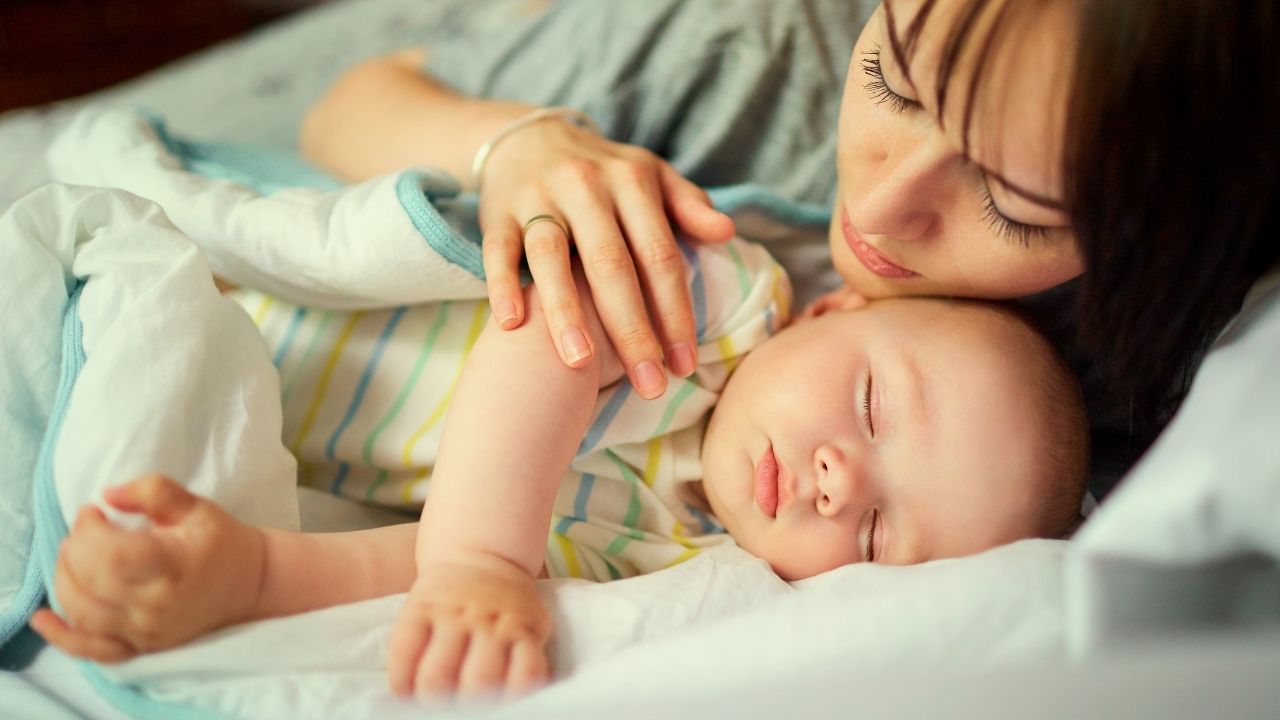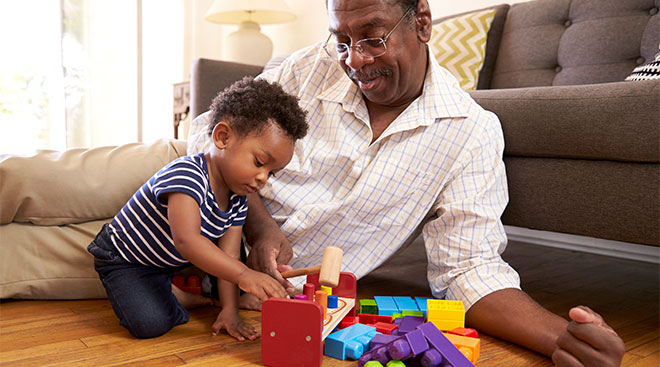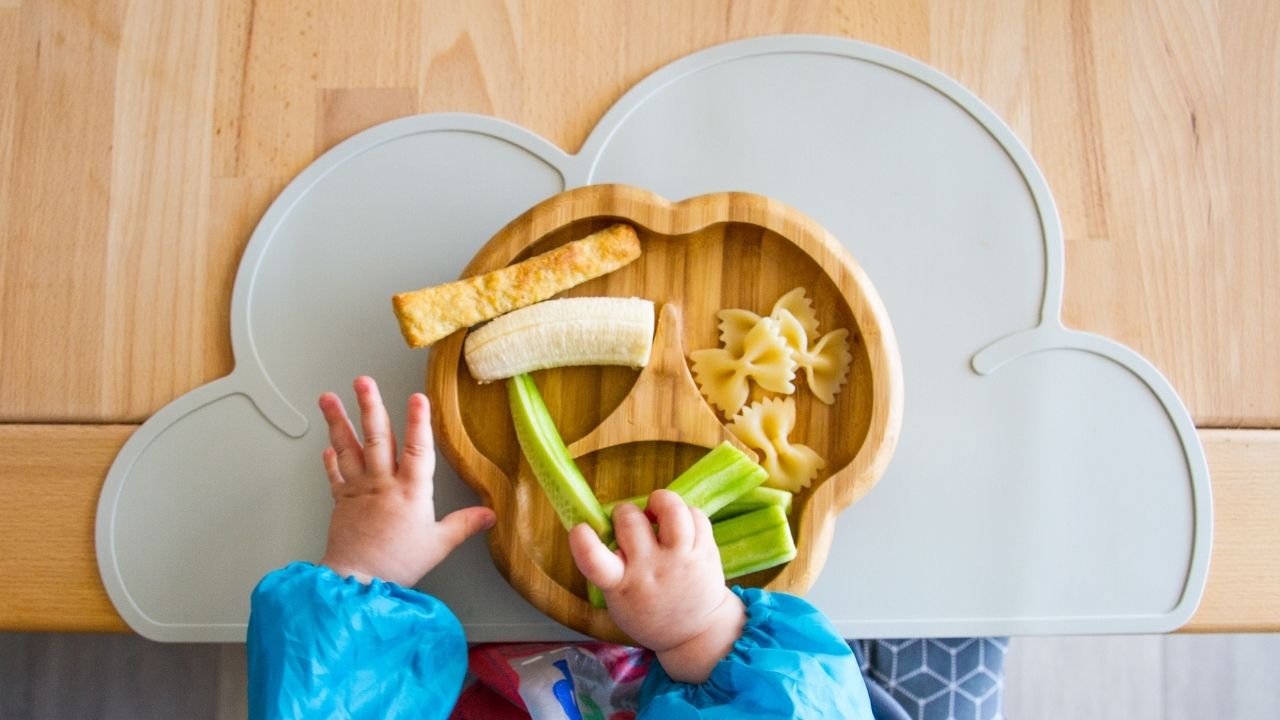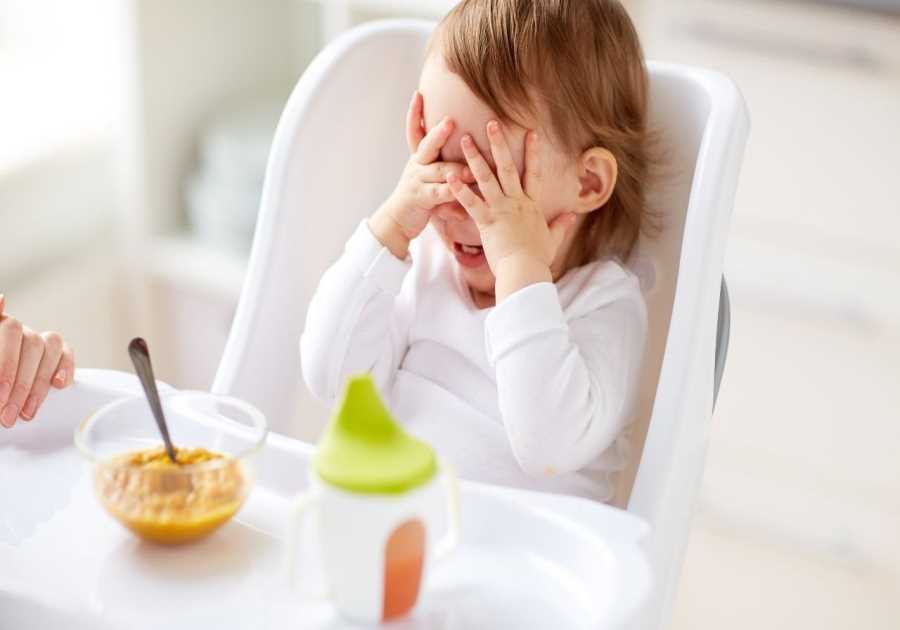As a parent, it's natural to feel worried and anxious when your baby has a fever. Fevers are not uncommon in babies and can be caused by various factors such as infections or teething. Understanding how to manage a fever is essential to ensure the comfort and well-being of your little one. This guide will provide practical steps and home remedies for managing fevers in babies.
It's important to note that while fevers can be uncomfortable, they are often not serious and can be managed at home with proper care. However, there are instances where medical attention may be necessary. As a parent, knowing when to seek medical attention is crucial in ensuring the health of your baby. In this guide, we'll go over the signs and symptoms of a fever in babies, as well as when you should take them to see a doctor. With this knowledge, you'll be better equipped to handle any fever that comes your way!
Understanding Fever in Babies
You might be surprised to learn that fever in infants is actually a sign that their body is fighting off an infection. Despite common fever myths and misconceptions, it's important to understand that fever is not an illness itself - it's a symptom of an underlying issue. As a parent, it's natural to feel worried when your baby has a fever, but try not to panic. Fevers are the body's natural response to infection and can help speed up the healing process.
It's important to remember that not all fevers require medical attention. In fact, many mild fevers will go away on their own within a few days. However, if your baby is younger than three months old or has other concerning symptoms such as difficulty breathing or lethargy, you should seek medical attention right away. In the next section, we'll discuss some of the signs and symptoms of a fever in babies so you can better identify when medical attention may be necessary.

Signs and Symptoms of a Fever in Babies
Oh, look! Your little one has suddenly turned into a tiny furnace. How delightful! But wait, is that a fever? As a parent, it's important to be aware of the signs and symptoms of a fever in babies. Fevers in babies can be caused by various factors such as viral or bacterial infections, immunizations, teething or even overdressing your baby. It's imperative to know the risks associated with fevers in babies and take appropriate measures to ensure their health and safety.
Here are some signs and symptoms to watch out for when checking if your baby has a fever:
- A rectal temperature reading above 100.4°F (38°C)
- Flushed face
- Sweating or shivering
- Fussiness or irritability
- Sleeplessness
Handling fevers at home requires some do's and don'ts that you should follow religiously. For instance, make sure your baby drinks plenty of fluids to keep them hydrated but avoid giving them sugary drinks like soda or juice. Dressing your baby in light clothing also helps regulate their body temperature while over-the-counter medications like ibuprofen or acetaminophen can help alleviate pain and reduce feverishness temporarily. Remember not to give aspirin to babies as it increases the risk of Reye syndrome- a rare but serious condition affecting children under 15 years old which causes swelling in the brain and liver dysfunction.
When to Seek Medical Attention
When it comes to managing your baby's fever, age and severity play a crucial role in determining when to seek medical attention. Infants under three months with a rectal temperature of 100.4°F or higher should always be seen by a doctor immediately. Additionally, if your baby has other warning signs such as difficulty breathing, vomiting excessively, or refusing to drink fluids, it is important to seek medical attention as soon as possible.

Age and severity of fever
Knowing the age of your child and the severity of their symptoms can help you determine when it's time to seek medical attention for their illness. For infants younger than 3 months old, any fever of 100.4°F (38°C) or higher requires immediate medical attention. Fevers in babies between 3-6 months old should also be taken seriously, especially if they last longer than a day or two.
For older babies and toddlers, fevers may not be a cause for concern unless they are accompanied by other warning signs such as difficulty breathing, dehydration, or seizures. If your child's fever lasts more than three days or is accompanied by symptoms such as lethargy, irritability, vomiting or diarrhea, it's important to contact your pediatrician who will offer guidance on appropriate medication and further evaluation if necessary. Remember that every child is different and what may be normal for one child might not be the same for another. Trust your instincts and don't hesitate to reach out to a healthcare professional when in doubt.
Other warning signs
It's important to keep an eye out for other warning signs when your baby has a fever. Aside from the age and severity, watch out for difficulty breathing or dehydration, which can indicate a more serious illness. If your baby develops a fever-related rash or seems to be in pain while teething, it's also worth consulting with your pediatrician.
Other red flags include seizures, extreme lethargy or irritability, and refusal to eat or drink anything. If you notice any of these symptoms along with a fever, it's best to seek medical attention immediately. Remember that as a parent, you know your baby best - trust your instincts and don't hesitate to seek help if something doesn't seem right.

As we move on to practical steps to manage fevers in babies, keep in mind that some of these warning signs may require more aggressive treatment than others. However, regardless of the severity of the illness causing the fever, there are several things you can do at home to help bring down their temperature and make them feel more comfortable.
Practical Steps to Manage Fevers in Babies
As a caregiver, you'll need to take practical steps to help your little one feel more comfortable when they're running a temperature. While the primary goal is to manage the fever, you should also focus on easing your baby's discomfort by using natural remedies and medical interventions that are safe for their age.
Dos:
- Offer plenty of fluids such as water, breast milk or formula
- Dress your baby in lightweight clothing and keep their room cool
- Use acetaminophen or ibuprofen based on pediatrician's recommendations
- Monitor your baby's temperature regularly
Don'ts:

- Don't use aspirin for babies younger than 18 years due to risk of Reye's syndrome
- Avoid bundling up your baby with too many layers of clothing or blankets
- Don't give cold baths as they can cause shivering which raises body temperature By following these dos and don'ts, you can better manage your child's fever. In addition, there are several home remedies that may help reduce a fever naturally.
Home Remedies to Help Reduce a Fever
Now that you have learned about practical steps to manage your baby's fever, let's talk about some home remedies that can help reduce a fever. While it is always important to seek medical advice from a healthcare professional when your baby has a fever, there are some herbal remedies and natural treatments that may provide relief.
One effective home remedy is cool compresses. You can use a damp washcloth or towel soaked in cool water and place it on your baby's forehead or the back of their neck. This helps to bring down their body temperature and provides comfort for your little one. Another option is giving your baby a lukewarm bath, which can also help lower their body temperature. Additionally, keeping your baby hydrated by offering them plenty of fluids such as water or electrolyte drinks can help prevent dehydration caused by fevers.
Preventing Fevers in Babies
You can keep your little one healthy and happy by taking preventive measures to avoid fevers. One of the most effective ways to prevent illnesses and fevers in babies is through vaccination. Vaccines are safe, efficient, and have been proven to reduce the incidence of serious illnesses that can lead to fever. By getting vaccinated, you not only protect your own child but also contribute to herd immunity, which helps protect those who cannot get vaccinated due to medical reasons.
Another way you can prevent fevers in babies is by maintaining good hygiene practices. Wash your hands frequently with soap and water before handling your baby or preparing their food. Avoid crowded places or exposing them to people who are sick. Make sure their toys are clean and disinfected regularly. Additionally, ensure that they get enough rest and sleep as lack of sleep can weaken their immune system making them more susceptible to infections. Taking these preventive measures will go a long way in keeping your little one free from fevers and other illnesses that may cause discomfort.

Frequently Asked Questions
Can babies develop fevers as a reaction to vaccines?
Imagine you just planted a seed in your garden. You've carefully tended to it, watering it and making sure it gets plenty of sunlight. And then suddenly, the weather changes and there's a big storm. Your little plant starts to wilt and struggle, but you know what to do. You bring out your tools and start managing the damage caused by the storm. It's the same with managing vaccine fevers in babies - sometimes they can be triggered as a reaction to vaccines, but understanding fever triggers is key to ensuring that your baby stays healthy. As a parent, it's important for you to know how to manage these fevers with techniques like giving them extra fluids or using fever-reducing medications when necessary. Remember that knowledge is power when it comes to taking care of your little one's health!
Does teething cause fevers in babies and how to manage them?
Teething can cause fevers in babies, but it's important to monitor the fever and ensure that it doesn't exceed 100.4°F. If the fever is mild, you can use teething remedies like a cold washcloth or teething toys to soothe your baby's gums and reduce inflammation. You can also try natural fever reducers like coconut oil or chamomile tea to help bring down their temperature. It's important to stay calm and compassionate during this process, as your baby may be experiencing discomfort and pain from their teething symptoms. Remember that serving your little one by providing comfort and care is essential during this time.
Can over-the-counter fever reducers be harmful to babies?
When it comes to managing fevers in babies, over-the-counter fever reducers can be helpful, but they should be used with caution. Dosage guidelines are important to follow, as giving too much medication can cause harm. If your baby is younger than 3 months old and has a fever, it's recommended to see a healthcare provider rather than using over-the-counter medications. Additionally, there are alternative fever management strategies that you can try such as keeping your baby hydrated, dressing them in light clothing, and providing a cool compress. Always consult with your pediatrician before giving any medication to your baby. Remember that taking care of your little one's health requires knowledge and compassion - trust yourself and don't hesitate to seek help when needed.
How long is it safe to let a fever go on before seeking medical attention?
Imagine that you are on a hike through the wilderness. You've been walking for hours and suddenly you feel a sharp pain in your ankle. It's nothing too severe, but it's enough to slow you down. As you continue on your journey, the pain begins to spread, and soon it becomes clear that something is seriously wrong. You try to ignore it for as long as possible, hoping that it will go away on its own, but eventually you realize that there's no choice but to seek medical attention. This same logic applies when monitoring your baby's fever-while low grade fevers can be managed at home with careful temperature monitoring techniques, if the fever persists or becomes more severe over time, seeking medical attention is essential for ensuring your child receives the care they need in a timely manner.

What are some common misconceptions about fevers in babies and how to address them?
Debunking myths about fevers in babies is important for parents to ensure they are providing the best care for their little ones. One common misconception is that a fever can be cured with home remedies like garlic or onion poultices. However, these remedies have not been proven effective and may even cause harm. Instead, focus on keeping your baby comfortable by dressing them lightly and offering plenty of fluids. If your baby's fever persists or they show other symptoms such as difficulty breathing, it's important to seek medical attention immediately. As a knowledgeable and compassionate caregiver, you want to provide the best care possible for your baby, so don't hesitate to reach out for help when needed.
Conclusion
In conclusion, managing fevers in babies can be a daunting task, but with the right information and tools, you can help your little one feel better. Remember to keep an eye out for signs and symptoms of a fever and seek medical attention if necessary. Practical steps such as keeping your baby hydrated and comfortable are essential in managing fevers.
Additionally, home remedies like using a cool compress or giving your baby infant acetaminophen can also help reduce their fever. As the saying goes, "prevention is better than cure," so taking steps to prevent fevers by ensuring good hygiene practices and avoiding sick individuals can go a long way in keeping your baby healthy. With these tips, you'll be able to confidently manage your baby's fever and provide them with the care they need during this time.
.png)





